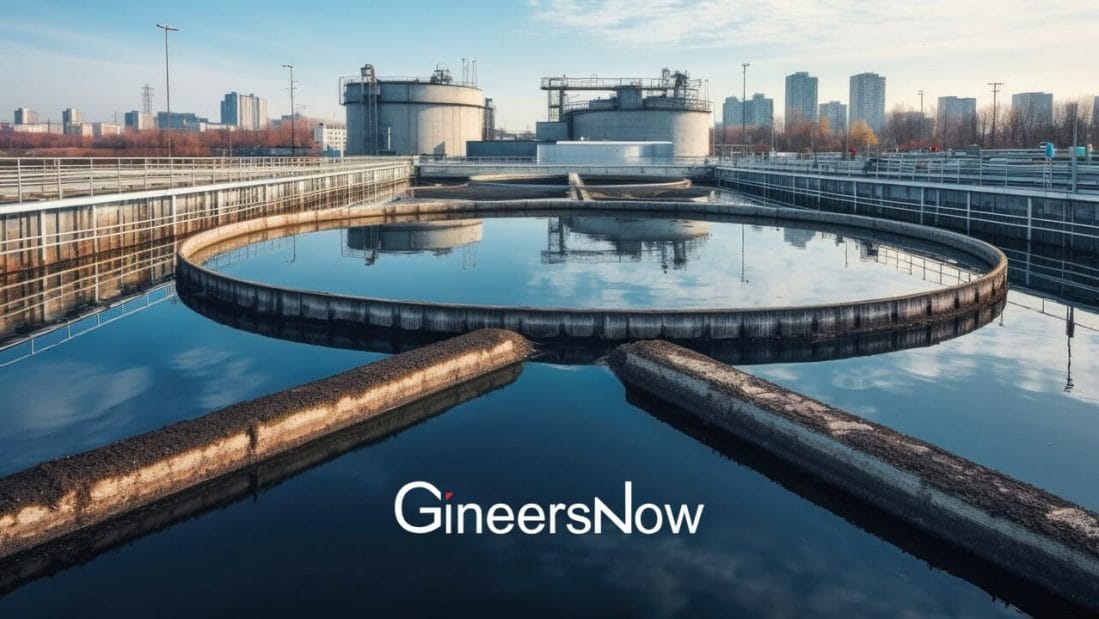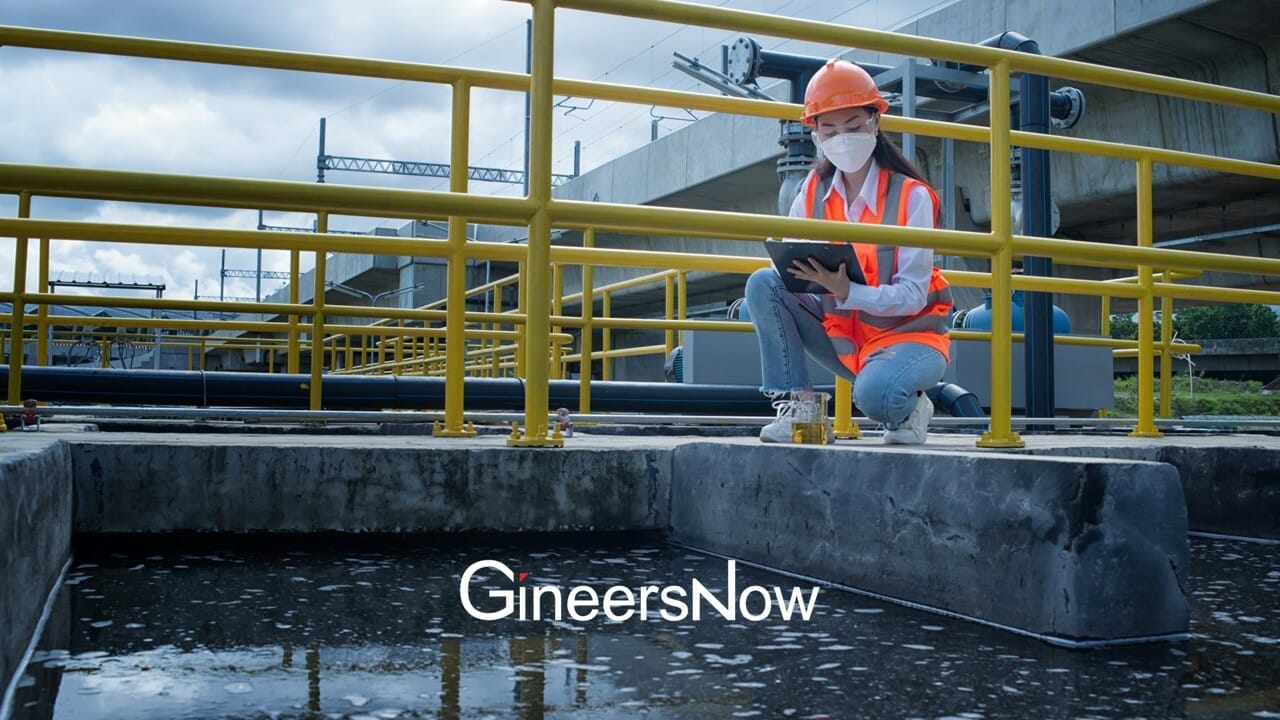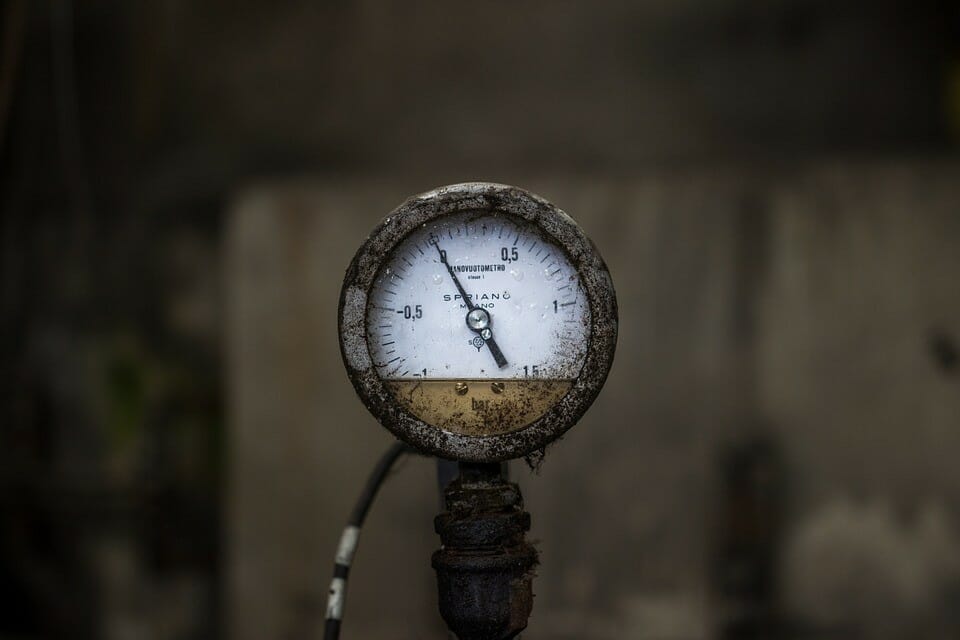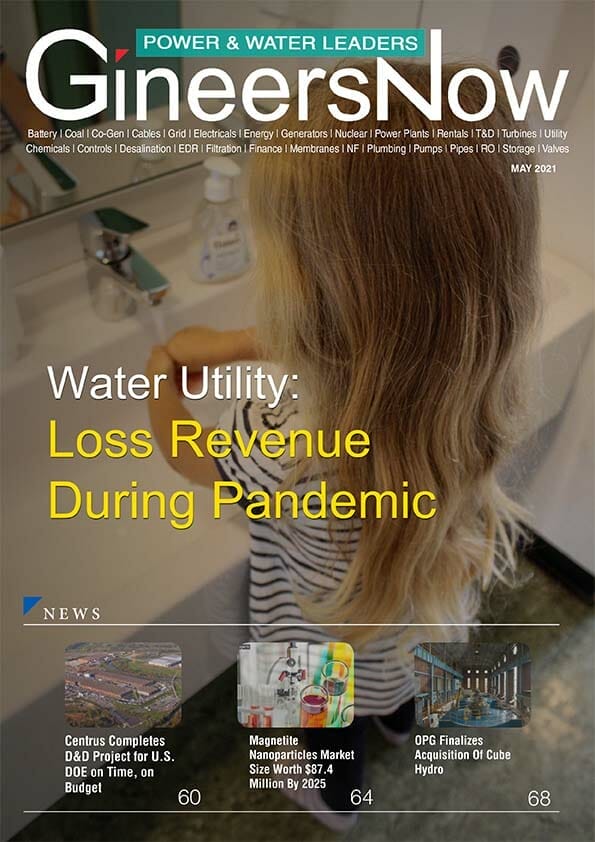Water, a vital resource for myriad industrial processes, is increasingly under threat due to factors such as population growth, climate change, and unchecked industrialization. These challenges, leading to a growing issue of water scarcity globally, necessitate the urgent adoption of sustainable operational practices within industrial plants, especially in the area of water recycling and reuse.
Importance Of Water Reuse And Recycling In Industrial Processes
The significance of water recycling and reuse in industries is underscored by multiple factors.
- Resource Conservation
Amidst growing global challenges threatening water availability, industries, as significant water consumers, can contribute to conservation efforts and secure their future operations through recycling and reuse strategies.
- Cost Reduction
Industries like power generation, manufacturing, and food and beverage incur high expenses due to water procurement and wastewater treatment. By adopting water recycling and reuse, they can realize substantial cost savings, outweighing initial installation expenses.
- Regulatory Compliance
Increasing environmental awareness has spurred strict global regulations on industrial water use and disposal. Industries can adhere to these regulations, avoid penalties, and enhance their environmental stewardship reputation by effectively recycling and reusing water.

Engineering Approaches To Water Reuse And Recycling
Various engineering methodologies can be utilized to bolster water reuse and recycling in industrial settings.
- Water Auditing
Conducting a water audit is the first step toward implementing an effective water recycling and reuse strategy. This systematic procedure involves an in-depth assessment of water usage and wastage within an industrial plant. The goal is to detect areas of excessive water use or waste and identify opportunities for enhanced water efficiency. By understanding the sources of water losses, industries can prioritize intervention areas and formulate effective strategies.
- Water Treatment Technologies
Prior to reusing or recycling, water must be treated to meet the necessary quality standards. Various water treatment technologies can be utilized for this purpose:
- Membrane Filtration
Membrane filtration technologies, encompassing microfiltration, ultrafiltration, nanofiltration, and reverse osmosis system, can be employed to eliminate impurities and contaminants from water. These methods involve forcing water through a semi-permeable membrane, which serves as a physical barrier to contaminants. However, one of the common challenges associated with these technologies is a fouling membrane, where impurities build up on the membrane surface, reducing its efficiency over time. Despite this, the technology’s outcome is clean water that can be safely reused within the industrial plant.
- Ion Exchange
Ion exchange is a method that substitutes undesirable ions in water with more suitable ones. This process, often used to soften water or remove salts, makes the water more apt for various industrial applications. Ion exchange systems utilize resin beads that selectively adhere to and remove target ions from the water, thus enhancing its quality for reuse.
- Biological Treatment
Biological treatment methods exploit the capability of certain microorganisms to degrade organic matter and pollutants in wastewater. These microorganisms metabolize the organic materials in the water, converting them into harmless by-products. The treated water can then be redirected for non-potable uses like irrigation, cooling, or cleaning.
- Zero Liquid Discharge (ZLD)
ZLD is a comprehensive water management approach aimed at eradicating liquid waste discharge from industrial operations. Following a ZLD framework, all wastewater is treated and reused, resulting in solid waste as the only byproduct. Despite the high initial costs, ZLD proves to be a viable strategy for industries located in regions with acute water scarcity or stringent discharge regulations, as it optimizes water recovery and reduces environmental impact.
Case Studies Of Successful Water Reuse And Recycling
There are numerous examples of industries that have successfully implemented water reuse and recycling strategies. These case studies can serve as an inspiration and provide practical knowledge on how to implement similar strategies.
- Textile Industry
The textile industry is known for its high water consumption. However, some textile plants have successfully reduced their water consumption by up to 50% through water reuse and recycling.
- Food And Beverage Industry
The food and beverage industry also consumes a large amount of water. Some companies in this sector have achieved almost 100% water recycling rates through innovative water treatment technologies and strategies.
Challenges And Opportunities
While there are many benefits to water reuse and recycling, there are also challenges. These include the high initial cost of installing water treatment systems, the need for ongoing maintenance and operation, and potential regulatory hurdles. However, the long-term benefits, both environmental and economic, often outweigh these challenges.
Final Thoughts
Water reuse and recycling in industrial plants is a vital strategy for conserving water resources, reducing costs, and ensuring regulatory compliance. While there are challenges associated with implementing these strategies, the benefits often outweigh the costs. As water scarcity becomes an increasingly pressing issue worldwide, the importance of sustainable operations and engineering solutions will only grow.
By studying successful case studies and constantly improving and innovating in water treatment technologies, industries can lead the way in sustainable water management and contribute significantly to the global goal of water conservation.











